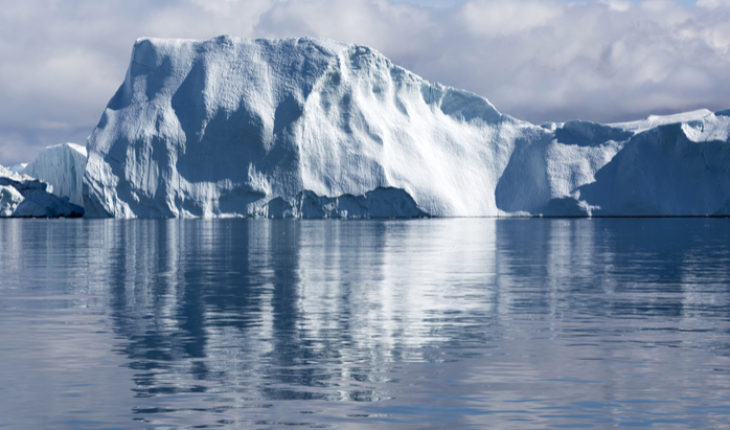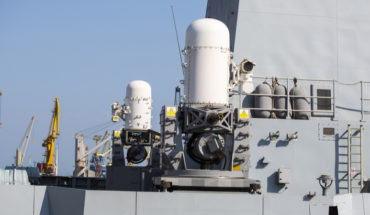Normality didn’t come into it when Julius Rix, 38, took up his first assignment with the British Antarctic Survey. After finishing his engineering PhD in 2005, he relocated to the Halley Research Station on the Brunt Ice Shelf – a remote base floating in the Weddell Sea, famous for its role in discovering the hole in the ozone layer in 1985
“I worked there for two and a half years continuously as an Atmospheric Radar Engineer, which involved over-wintering, “ he says.
“Nothing really prepares you for Antarctica. The remoteness and the environment obviously play a big part in the challenges of the job. The equipment has to be reliable as if it breaks you can’t just go to the shops for a spare part you have plan for everything or try and fix it somehow.
Nothing really prepares you for Antarctica. The remoteness and the environment obviously play a big part in the challenges of the job. The equipment has to be reliable as if it breaks you can’t just go to the shops for a spare part you have plan for everything or try and fix it somehow.
“Once we’re in the field communications are limited so keeping in touch with my life back at home is difficult.”
After taking a break from Antarctica, Rix returned three years ago to work as an ice core drilling engineer – the Antarctic ice contains clues about climate from 40,000 years ago. His current role involves living in a remote field camp in tents not unlike those used by Scott a hundred years ago.
“I do summers now, when the weather tends to be fairly mild. At it’s coldest it will be about -25 degrees C and it’s great to have 24-hour daylight, though we can have very bad snow storms.
“Getting the equipment to work well in the cold can be a problem. Even worse when it gets so warm you get melting and refreezing you get issues with equipment breaking. When it gets too warm we have to stop drilling.”
Offsetting the challenges are the incredible wildlife and the independent nature of of working in such isolation.
“The work is rewardingly varied – I get to design the equipment, make some of it, put it together, program it, and then go out and use it.
“I’ve always liked challenges and extremes, but I’m not an adrenaline junkie. I think you just get more satisfaction and the job is more interesting if the challenge is a bit more ‘out there’.”
- Extreme engineering – British Antarctic Survey - 10th January 2018





